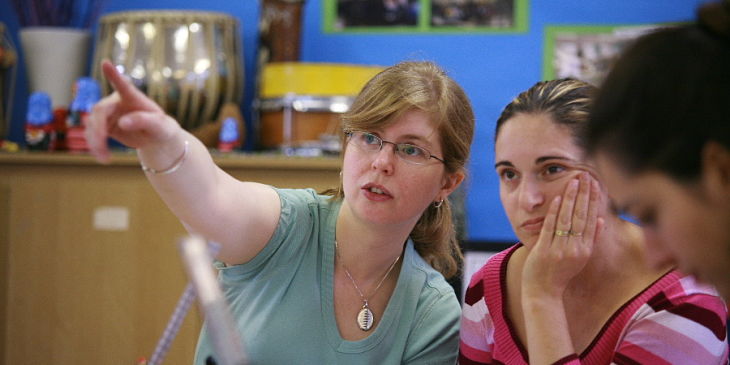This project focused on the development and evaluation of teaching strategies for formative assessment in numeracy. It was a collaborative project involving King’s College London researchers working with a team of teacher-researchers. A design research methodology was adopted to address the following research questions:
• How can formative assessment best be devised for and successfully incorporated into adult numeracy teaching?
• What are the best methods and materials to use whereby formative assessment can be incorporated into normal adult numeracy classroom activities?
In comparison to other educational interventions, the research evidence on the efficacy of formative assessment is impressive, yet there is little research on how formative assessment can be implemented in adult numeracy settings. The research raised a series of issues and challenges for implementing formative assessment in adult numeracy settings: • organising classroom talk given the particular fragmentary mathematical knowledge and experiences of adult learners;
• fostering peer- and self-assessment;
• working with English for Speakers of Other Languages (ESOL) learners;
• the particular problems of embedded numeracy;
• using individual learning plans (ILPs);
• the use of representations and tools;
• using summative assessment formatively.

